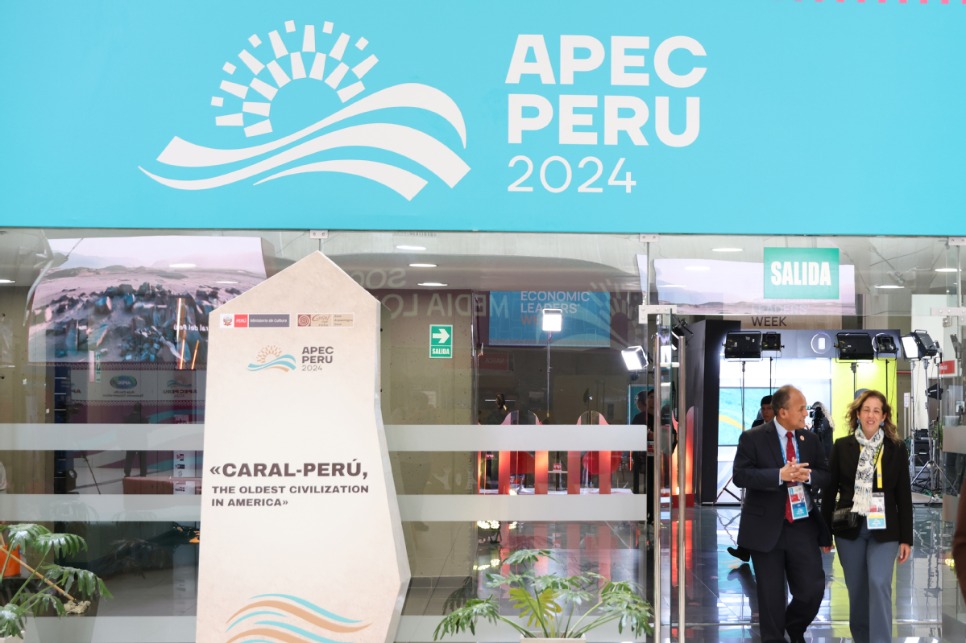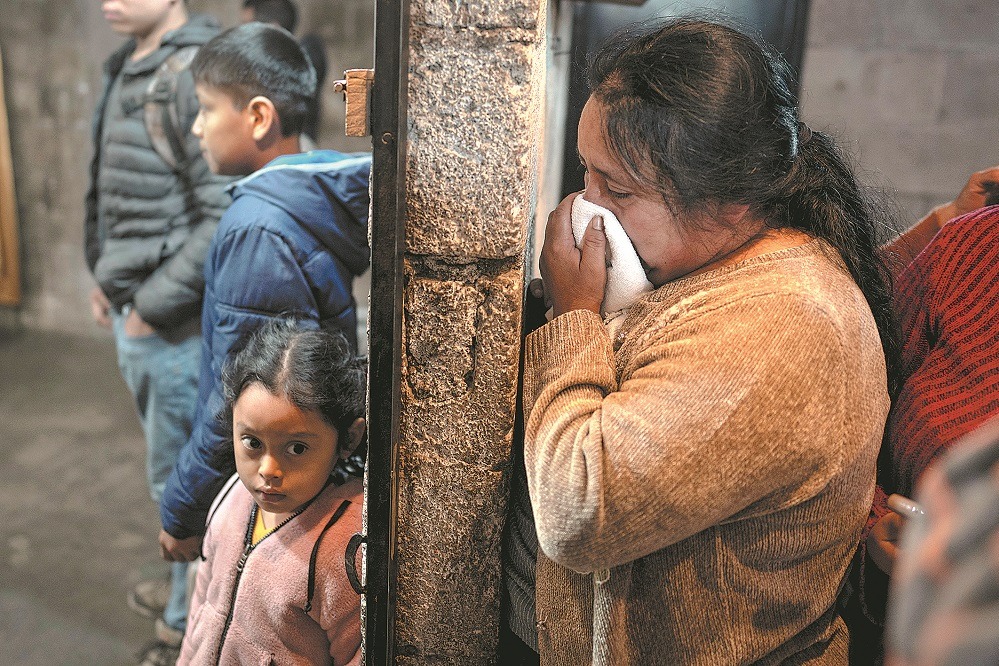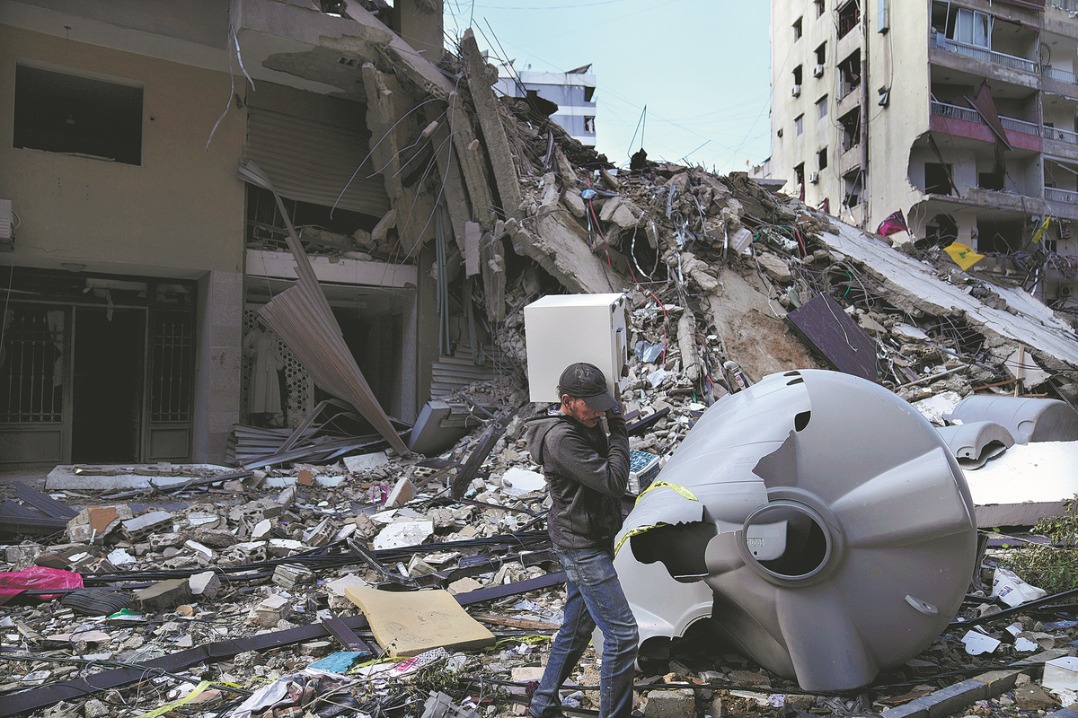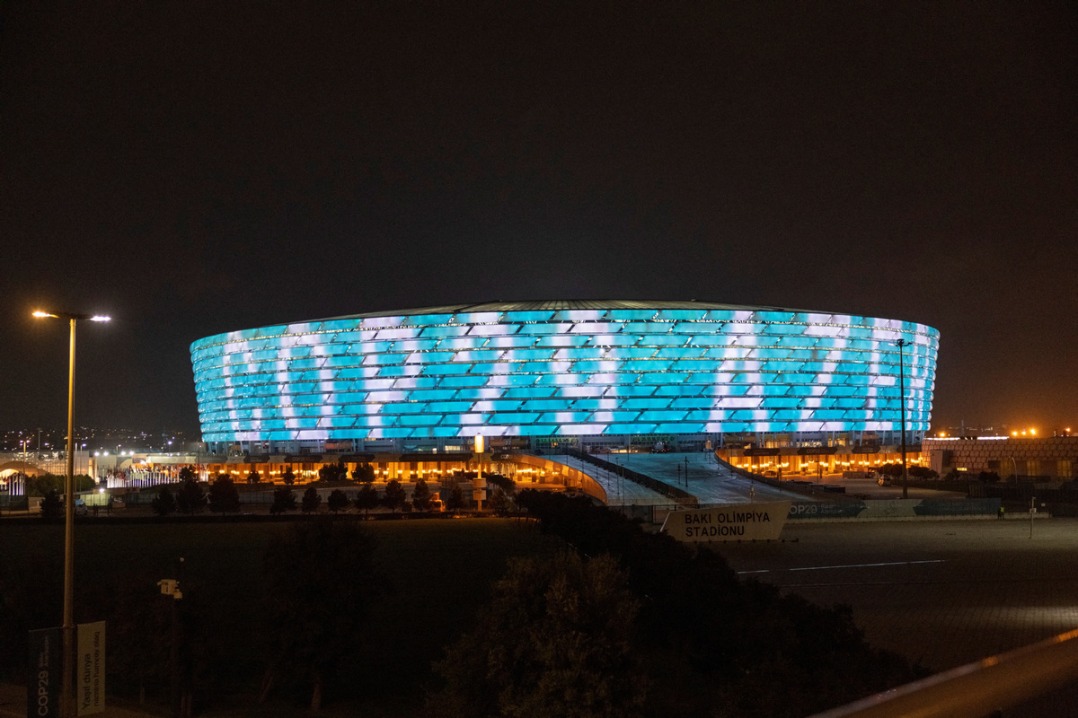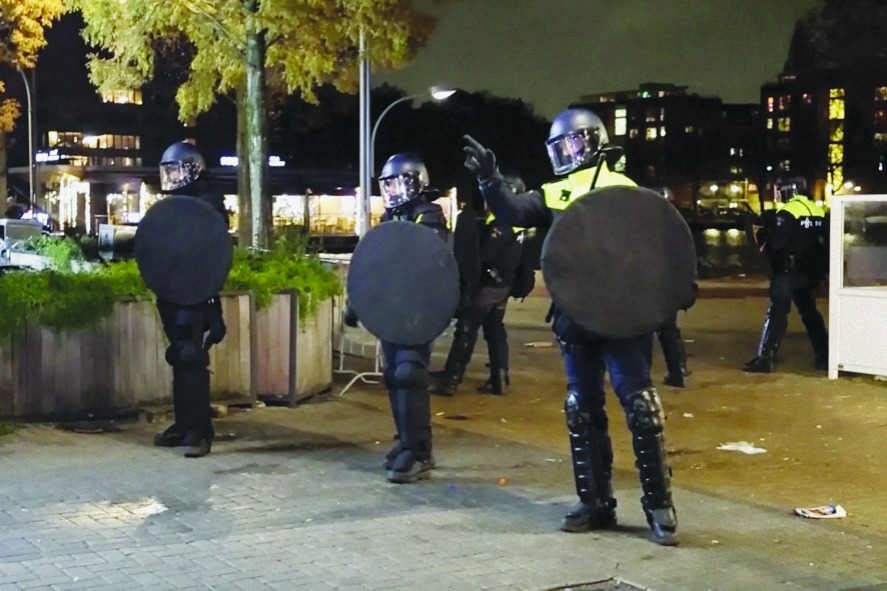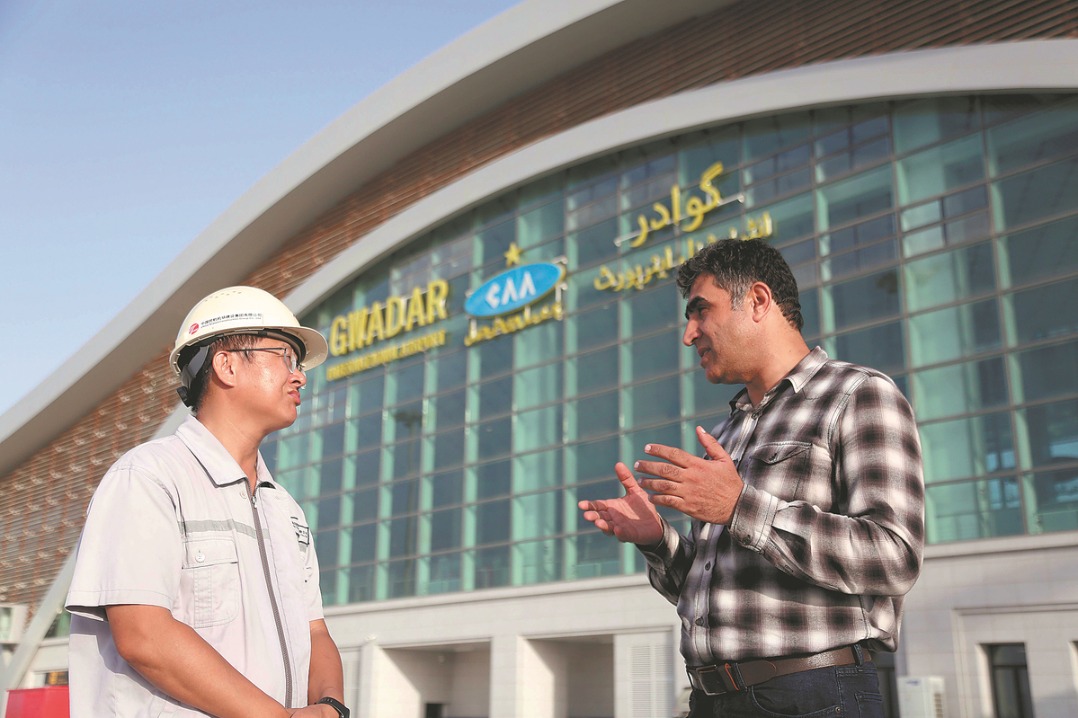UN chief: BRI key for development

The Belt and Road Initiative is an important opportunity for reaching the United Nations' long-term development goals, UN Secretary-General Antonio Guterres said on Tuesday in an interview with Chinese media at UN headquarters in New York.
Guterres will depart from New York on Wednesday for Beijing to take part in the Second Belt and Road Forum for International Cooperation.
"I'm very happy to have this opportunity to be in Beijing," he said.
The secretary-general will deliver remarks at the forum's opening ceremony on Friday morning, according to his spokesman, Stephane Dujarric. On Saturday, he will participate in a roundtable on promoting green, sustainable development.
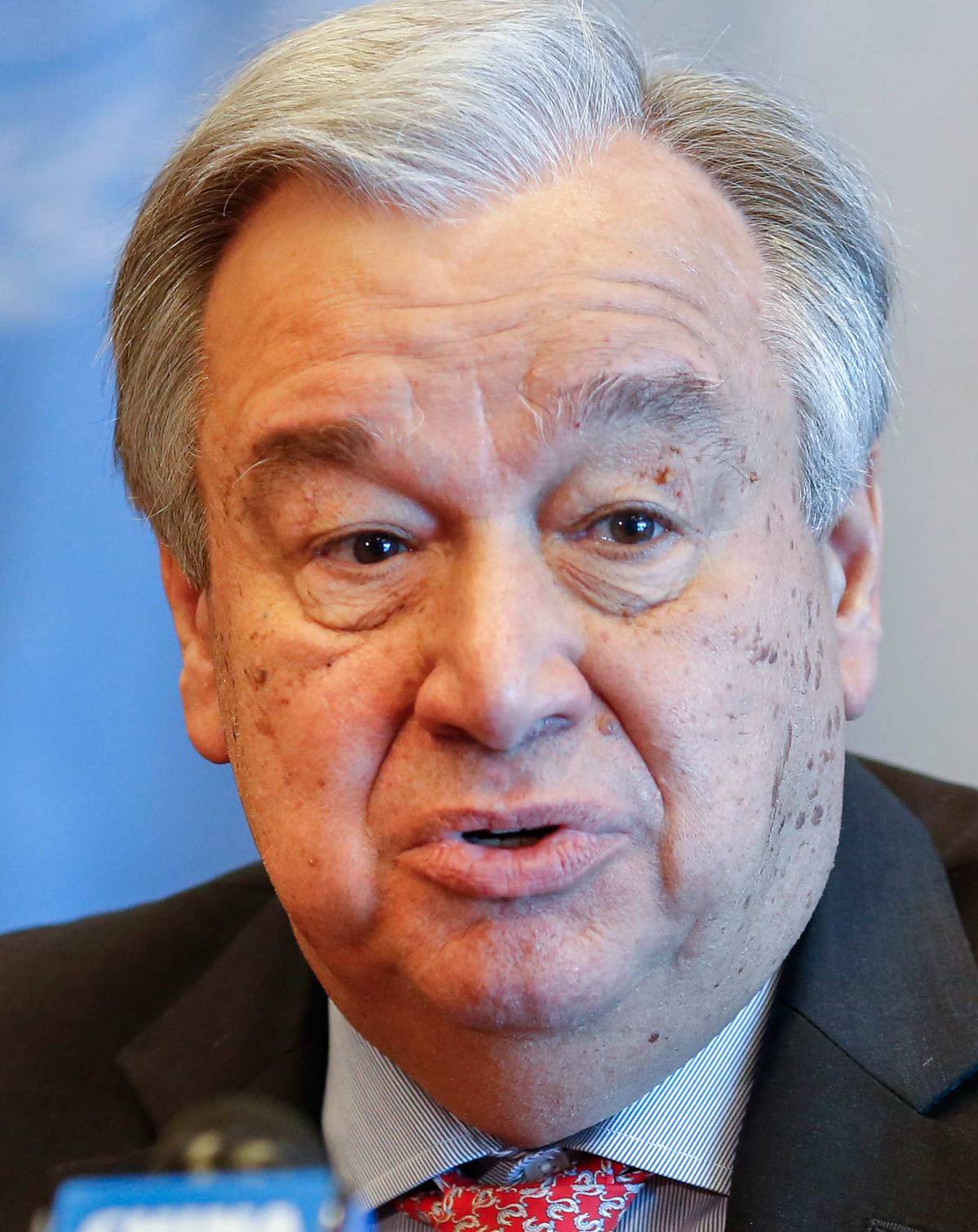
Guterres sees the forum as an opportunity "to maximize the positive impact of the Belt and Road".
Addressing criticism that the BRI has put less-developed countries in a debt trap, Guterres said that debt is a global problem.
"We are now at higher levels of debt than we had when the global economic crisis occurred in 2008," he said.
"Debt is a global problem, and we should not confuse the global debt problem with questions that might be related to some projects in (the BRI)."
There is no peace without development and no development without peace, Guterres said.
"In the world, we see so many contradictions, and we see so many global challenges. It's clear that no country can solve the problems by itself. We need global answers to global challenges, both in peace and in development," he said.
"That is why the commitment of China to multilateralism today is so relevant to international relations. China today is a very committed country to multilateralism and to the work of the United Nations, from peace and security, sustainable development and peacekeeping to many other areas of fruitful cooperation," he said.
This year, China became the second-largest contributor to the UN's regular budget, just behind the United States.
"China has more and more engaged in UN activities, most notably contributions to peacekeeping operations," Guterres said. These contributions come at "a very difficult moment" for the world.
"When we look at the sustainable development goals, when we look at the Agenda 2030, we see we are not making enough progress," he said, adding there is not enough financial support for developing countries to achieve their strategic goals.
With the huge investment in international cooperation, Guterres believes the BRI not only can have a stronger impact on the economies and societies of the countries that have benefited, but also contribute to the countries' development.
The forum is "an excellent opportunity to discuss how BRI programs can be an extremely important tool to reverse the trends". He added that there is a great need for investments in sustainable development, renewable energy and infrastructure that "respect the future and guarantee that the future is sustainable".
"We see the BRI as the most relevant project today in the world, in the context of South-South cooperation, which would contribute to fairer globalization, and fairer globalization is the best way to have a future of shared prosperity among the different nations of the world," he said.
Guterres called increasing inequality one of the grave problems of today's world.
"If we want to have a community of shared prosperity, we need to be able to make sure there is more justice in international relations, make sure that developing countries get a chance," he said.
He said the large amount of BRI investment may allow many countries to overcome long-term gaps in development.
"We will do everything to make sure that these investments have a stronger possible impact in economies and societies, in the governance of the countries that cooperate with China in the BRI," he said.
With the current international political climate facing profound and complex changes, Guterres said he thinks the BRI can play a role in promoting multilateralism and economic globalization.
"Anything that contributes to connecting different countries, anything that contributes to making trade easier, to making information sharing and knowledge sharing stronger, makes a very important contribution to fueling globalization, and that's exactly the opportunity that the Belt and Road represents," he said.
The secretary-general said that one of the most important factors in ensuring peace is to embrace diversity.
"Diversity is a richness, not a threat," he said. "Anything that promotes diversity, and values diversity at a global level and national level, is something that is clearly in line with the values that I have been strongly supporting."
















